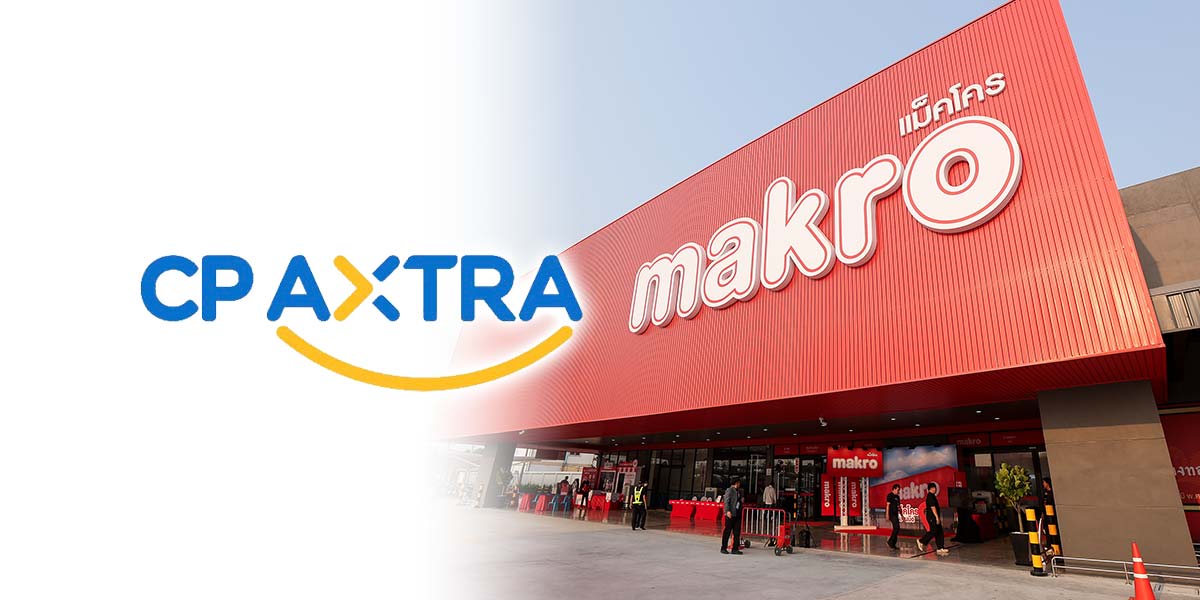Mr. Tanit Chearavanont, Chief Executive Officer of Makro Thailand and Director of CP AXTRA Public Company Limited (SET: CPAXT), revealed that by 2027, the company will develop series of new products to push its own brand’s sales contribution from 18% to 25 – 30% and its e-commerce sales from 30% to to 40 – 50%.
CPAXT aims to expand international markets for its main brand’s exports. One of those brands, aro, has already exported to more than ten nations in Asia. This year, the company plans to export products to China, Australia, and South Korea, with a goal of entering South Korea’s e-commerce market as well.
As for the participation in THAI-FEX-ANUGA ASIA 2025 trade show at Impact Arena, Muang Thong Thani, between 27 – 31 May 2025, CPAXT reported good receptions from participants from almost across the world. The company forecast its capability of being a food destination will be displayed throughout the show and its main brands will access the region scale soon.
Furthermore, during the trade show, CPAXT presented several of its main brands, such as aro Gold, aro, Savepak, and more. These brands are capable of addressing the needs of various customer segments, such as the entrepreneur and regular consumer, and improve the company’s own brand by using the new product to provide new experiences to customers.
Currently, CPAXT attempts to promote fresh products, dry products, and new types of products through marketing strategy and sales on omni channel, reflecting the company’s leadership in all types of food market and the understanding of entrepreneurs customers. Furthermore, CPAXInternaT also has an idea and plan to improve its brands to better understand entrepreneurs and consumers, especially those from Gen Z, provide value, and convenience.
In addition, Thailand is now facing an economic slowdown, causing less spending in Thai consumers and the deceleration in the tourism industry as Chinese tourists drop significantly. Since these factors slightly affect the catering business, CPAXT came up with an idea of collaborating with professional chefs to adjust the company’s ready-to-cook products with new tastes and types that follow the trend. This process can be considered as an indirect aid on the economy and the collaboration with small entrepreneurs.




